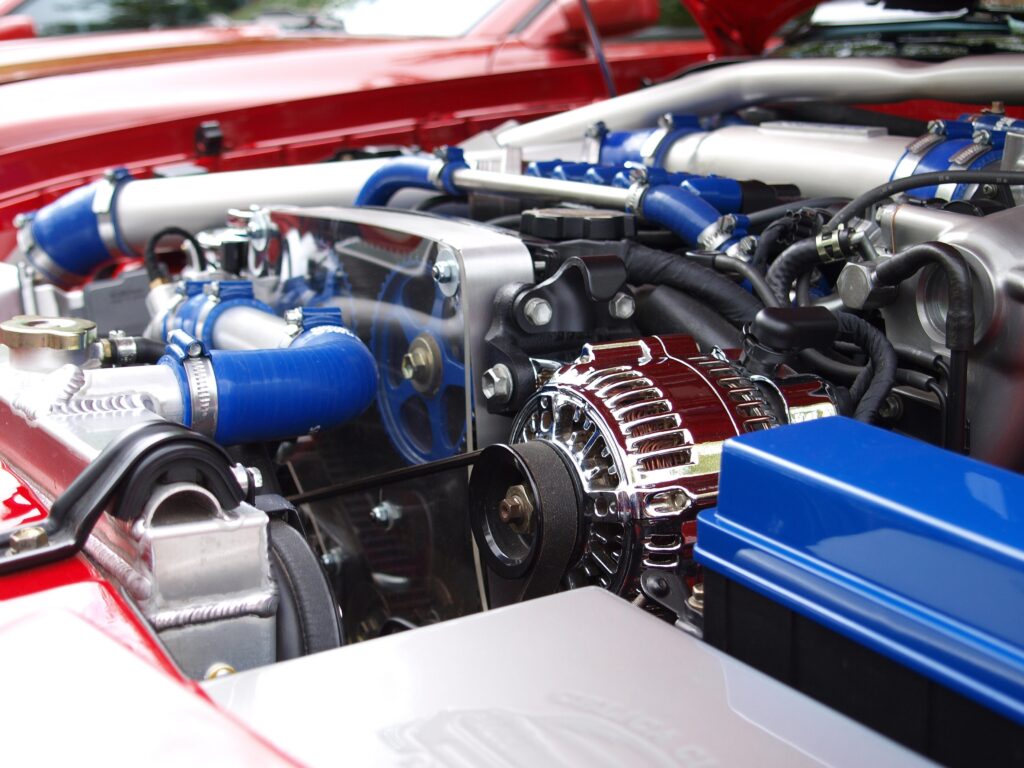
The Best Guideline for Your Vehicle’s Preventive Maintenance is Regular Care
We all may know that the best guideline for your vehicle’s preventive maintenance is essential in keeping your vehicle running smoothly. If you want to ensure that your automobile is safe on the road, you should always mind the practice of regular maintenance. However, consistently maintaining your vehicle can be quite a task.
What is A Preventive Maintenance?
It is a proactive approach to automobile upkeep. The maintenance involves performing routine checks and minor repairs to prevent significant, costly issues in the future. Imagine this, it is the act of ‘preventing’ problems before they occur and insure yourself.

The Best Guideline for Your Vehicle’s Preventive Maintenance is?
When it comes to it, the short answer doesn’t exist. there isn’t a universal golden rule for that. As it seems, different cars require different maintenance routines depending on their make, model, age, and usage. However, the best guideline for your vehicle’s preventive maintenance is to follow the manufacturer’s recommended schedule for service intervals.
Regular Oil and Filter Changes
One of the most critical preventive maintenance tasks is regular oil and filter changes. all automotive enthusiasts know that oil plays a decisive role in the well-being of your auto. Typically, oil should be changed every 3000 to 5000 miles, but it also depends on the vehicle model and the type of oil used.
Mind Tire Checks and Rotations
Tire maintenance is another important part of preventive maintenance. Regularly inspect your tires for wear and tear and maintain the correct tire pressure. Tire rotations should be performed every 6,000 to 8,000 miles to ensure even tire wear.
Brake Inspections are must-have for safety
when you are thinking about road safety, your brakes come first to your mind. So, take into account that regular brake inspections are necessary to detect any potential issues early and ensure they’re always in optimal condition.
The Importance of Preventive Maintenance is not exaggerated
Preventive maintenance isn’t only about extending the lifespan of your auto , moreover, the purpose is also improving fuel efficiency, and enhancing the general performance of your auto. You also save money by preventing costly repairs and breakdowns.
Does car warranty cover maintenance?
While car warranties can provide much-needed coverage for unexpected repairs, it’s important to note that they usually don’t cover routine maintenance. This means tasks like oil changes, tire rotations, brake inspections, and filter replacements typically aren’t covered by a warranty. These are considered regular upkeep responsibilities of the vehicle owner, not the manufacturer. However, some manufacturers offer maintenance packages or coverage plans separate from the warranty, which can help offset these costs. Always read your warranty terms carefully to understand exactly what is and isn’t covered.
Does insurance cover car maintenance?
It’s important to understand that standard auto insurance policies typically do not cover routine car maintenance. Generally, insurance companies offer protection from unexpected costs related to accidents, theft, or damage from natural disasters. On the other hand, routine maintenance is a predictable and necessary part of owning an automobile. While some insurance companies offer mechanical breakdown insurance that may cover certain repairs beyond the manufacturer’s warranty, routine upkeep like oil changes, tire rotations, and brake inspections are usually the responsibility of the car owner. However, it’s always smart to check with your individual insurance provider for specifics on what is and isn’t covered.

What should I do to test the performance of my auto safely?
Firstly grab the most reliable device which helps you to test the automobile in a controlled environment without registering additional miles to your odometer. A remarkable device is known as a Mileage blocker. It can accomplish this task without leaving any traces. Any modified data remains entirely undetectable. This high-quality module is designed for practical purposes, such as testing your vehicle without worrying about unnecessary miles appearing on your odometer. However, due to its flawless performance and reliability, some dishonest people misuse it for unethical purposes. The manufacturers of these tools do not endorse their unethical utilization. The greatest advantage it offers is that the kilometers no longer accumulate spontaneously after the module has been removed.
The bottom line
The best guideline for your vehicle’s preventive maintenance is to adhere to your manufacturer’s suggested service schedule and to regularly check the essential components of your vehicle. Remember that investing in preventive maintenance will pay you in the long run by ensuring that your car is safe, reliable, and efficient.




